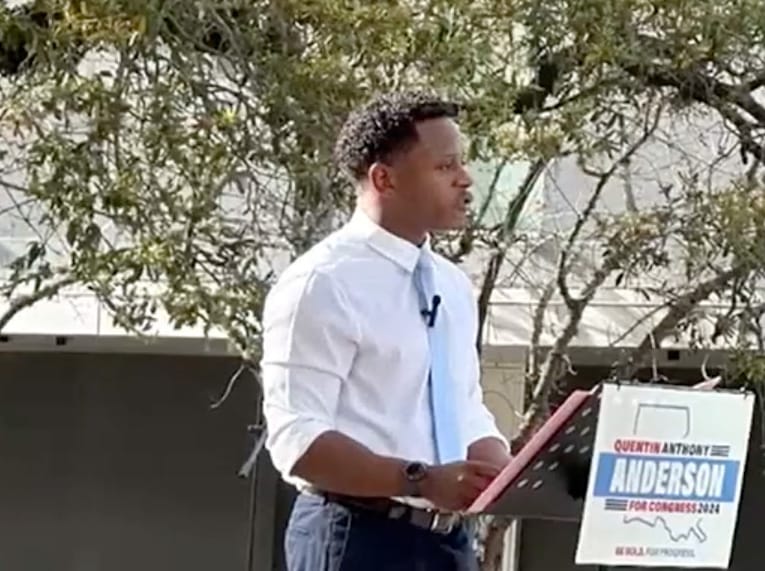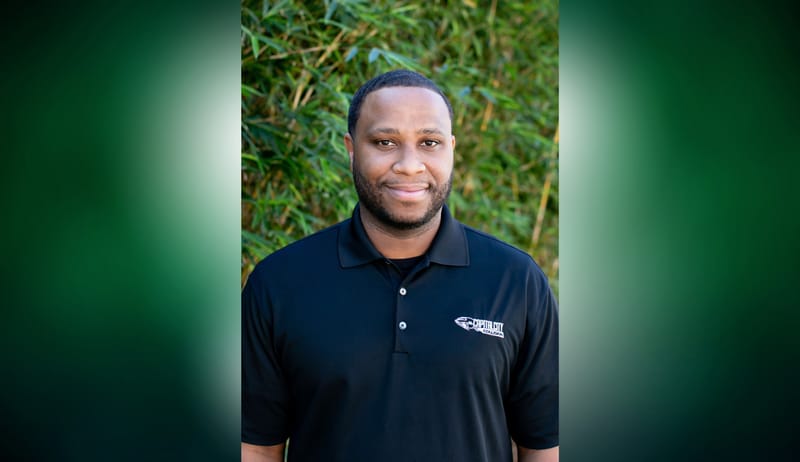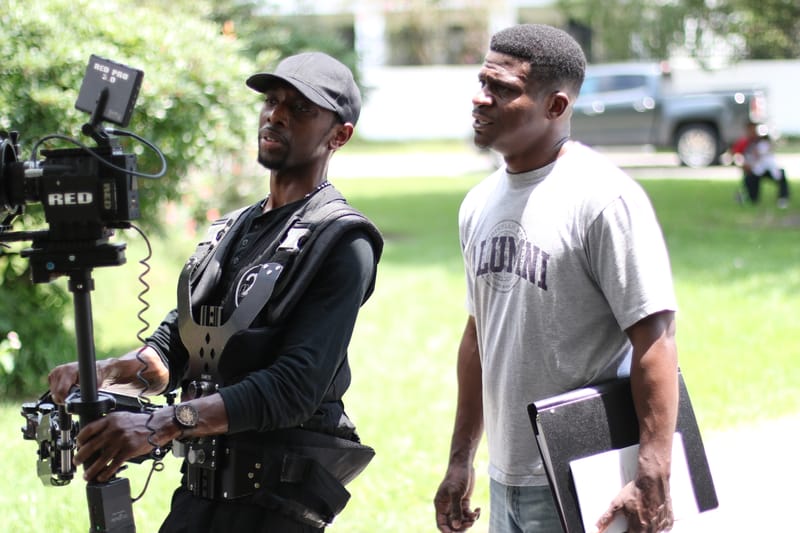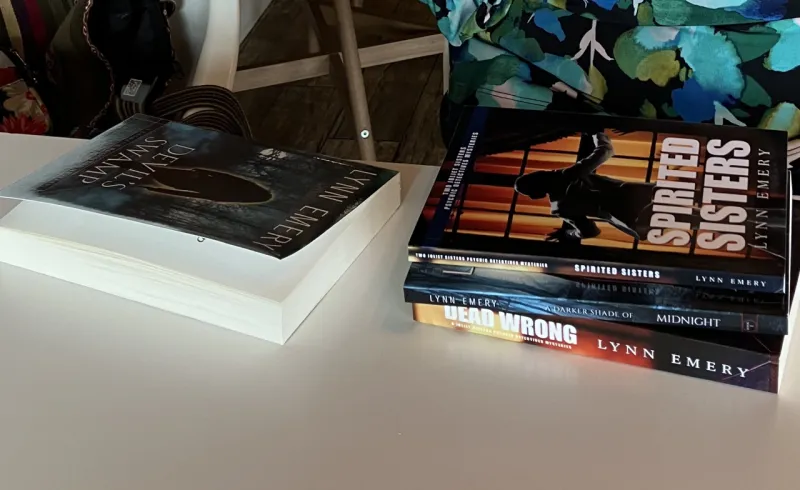Special Election in District 14 Draws Big Names as Cleo Fields’ Successor is Sought
The vacancy comes after Fields, a veteran politician, clinched a decisive win in Louisiana’s 6th Congressional District, earning 150,323 votes in the November election. With his move to Washington, the District 14 seat is now a hot ticket in Baton Rouge politics.

BATON ROUGE, La. — A pivotal race is shaping up in Louisiana Senate District 14 as prominent figures prepare to compete for the seat vacated by Congressman-elect Cleo Fields. Among the contenders is Quentin Anthony Anderson, a Democratic leader and vocal advocate for North Baton Rouge, who will officially announce his candidacy on Sunday, Jan. 5.
The vacancy comes after Fields, a veteran politician, clinched a decisive win in Louisiana’s 6th Congressional District, earning 150,323 votes in the November election. With his move to Washington, the District 14 seat is now a hot ticket in Baton Rouge politics.
Anderson, who gained traction during his previous run for the 6th Congressional District—where he secured 23,811 votes—has promised to tackle longstanding issues in the community.
“This district deserves a senator who will fight for progress and deliver results,” Anderson said. “From raising wages to improving schools and investing in North Baton Rouge, I’m committed to addressing the challenges our families face every day.”
Competitive Field Emerging
Anderson’s campaign won’t be without competition. State Representative Larry Selders and Carolyn Hill, a former member of the Board of Elementary and Secondary Education, have also signaled their intentions to run. Both bring their own political experience and community ties, making this a closely watched race in Louisiana politics.
The special election is set for Feb. 15, 2025, with candidate qualifying taking place Jan. 7-9. Voters in the district will play a critical role in shaping the balance of power in the Louisiana Senate.
A Race with High Stakes
District 14, a majority-Black district that includes parts of Baton Rouge, has long been a hub of progressive activism and a bellwether for statewide policies. The upcoming election is expected to focus on key issues like education funding, economic growth, and addressing systemic disparities in healthcare and housing.
For voters, the choice will be about more than replacing Cleo Fields—it will be about setting a vision for the district’s future. As the February election draws closer, candidates will likely intensify their outreach, making their case to voters about why they are the right choice to carry on Fields’ legacy.
Stay tuned as the race unfolds, with District 14’s future hanging in the balance.






